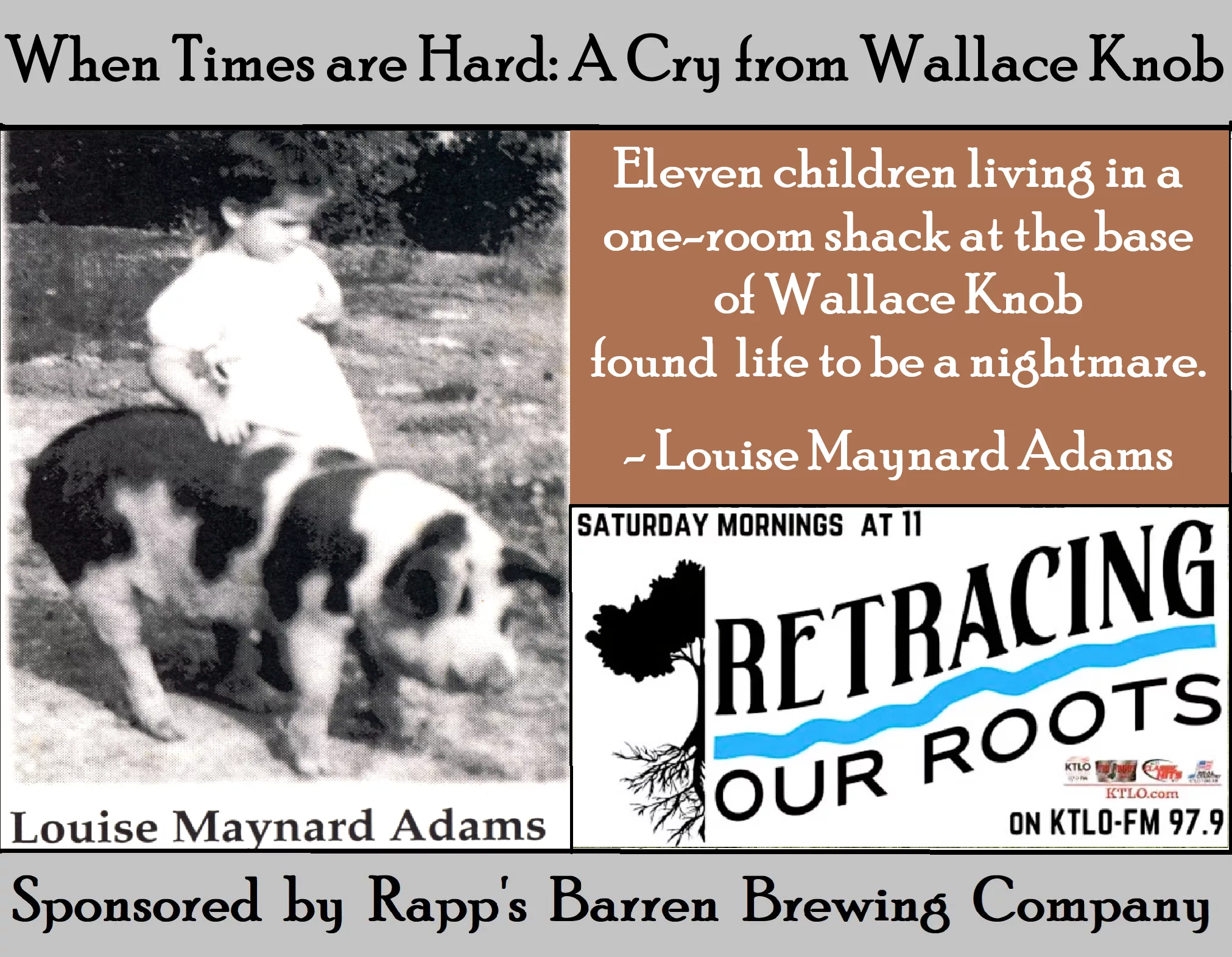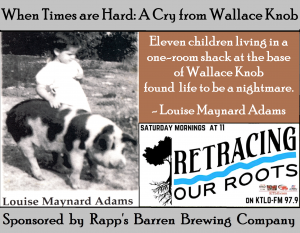
Welcome to another compelling edition of Retracing Our Roots. This week, Heather Loftis, Sammy Raycraft and Vincent Anderson revisit a place many folks in Mountain Home know well, Wallace Knob. Today, we’re calling it Wallace Knob 2.0.
But before we dive in, we share a letter from a listener who fondly recalls Wallace Knob and the breathtaking view seen when leaving the Clarkridge area, just before descending Highway 201 toward the Pigeon Creek bridge
Now, a fair word of warning: this episode isn’t filled with warm nostalgia or light-hearted tales. Instead, we’re diving into a story that’s raw and real, born out of deep local poverty, but one that ultimately rises into a testimony of resilience and redemption.
Our route today takes us just a little ways to the northern edge of Mountain Home, the northern base of Wallace Knob. But don’t let the short drive fool you, the journey we’re about to take goes much deeper than any gravel road. This is the true account of a woman who came from next to nothing, and instead of giving in, she made a bold decision to break free from a cycle of pain that had haunted generations.
Lilly Louise Maynard was born December 9, 1947, in Mountain Home to Ralph and Lillie (Kasinger) Maynard. She was raised at the foot of Wallace Knob, near what was once the old city dump. One of eleven children, Louise grew up in a shack with no real floor—just bare earth underfoot, and oftentimes not much protection overhead either. This wasn’t just financial poverty, it was a poverty of safety, stability, and hope. Her early years were shaped by hunger, humiliation, fear, and the constant shadow of abuse.
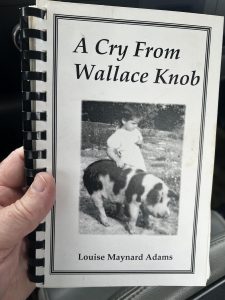
The first lines of Louise’s book, A Cry From Wallace Knob, says, “Eleven children living in a one-room shack at the base of Wallace Knob found life to be a nightmare. The house wasn’t much more than just a frame. The walls were barely standing, and you could see through the cracks. The dirt floor offered no comfort as there were kids piled in every corner.”
“When exactly does one begin to remember?” Louise writes, “My earliest memories as a child are of despair and hopelessness, being hungry and scared most of the time.”
In A Cry from Wallace Knob, Louise shares her story in straightforward, powerful language. She recalls hiding in the woods with her sisters to escape drunken men who lurked like predators. She remembers going to school, not for comfort, but for more humiliation. And she includes family photos—haunting, powerful images that remind us of the so-called "good old days" weren’t always so good, especially not for the Maynard children.
Her father, by her account, never held a steady job or brought home groceries on a regular basis.
Louise eventually realized that she, and later her own children, had been caught in a long-standing cycle of violence, addiction, and emotional neglect. But instead of letting that define her, she decided to do something rare and courageous.
She faced it. She wrote it down. She made sense of it.
Mrs. Adams also talks about a family member going to prison and the brutality he experienced at Tucker Prison in Arkansas. Her story closely follows the conditions of Arkansas State penitentiaries at Tucker and Cumming referenced in the book, Accomplices to the Crime written in 1969.
Accomplices to the Crime is a book by former Arkansas prison warden, Thomas O. Murton who recounts his controversial prison reform efforts in Arkansas under Governor Winthrop Rockefeller. Focusing on Tucker and Cummins prison farms, Murton exposes corruption, brutality, and inhumane conditions, including torture devices and unsanitary facilities. Murton’s reforms, including honest dialogue with inmates and ending corporal punishment, sparked backlash. His decision to exhume bodies at Cummins, believed to be murder victims, led to his dismissal. The book, later adapted into the film Brubaker, starring Robert Redford, is a gritty, often darkly humorous indictment of a broken prison system. Some claims were later disputed or downplayed.
After a two-year bout with cancer, Mrs. Lilly Louise “Maynard” Adams passed away at the age of 64, on January 19, 2012, in Mountain Home, Arkansas.
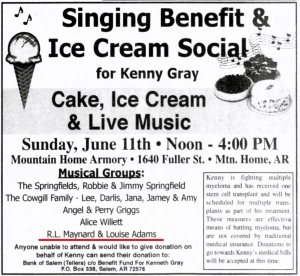
Louise was a gifted songwriter and talented singer. In the 1960's, she is noted to perform on KTLO. She also performed at numerous benefits and fundraisers and at the Senior Center. She worked at Sams Club and earned many prizes for her excellent salesmanship. Louise was a member of the Mission Square Church. Lilly Louise “Maynard” Adams is buried locally in the Gassville Cemetery.
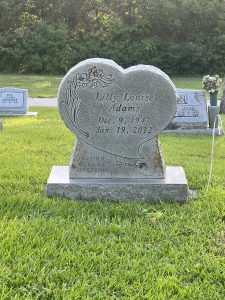
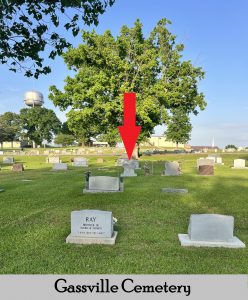
A heartfelt thank you to Rapp’s Barren Brewing Company, proud supporters of Retracing Our Roots. This is what genuine, local history storytelling looks like, where shared history binds a town tighter than any city ordinance ever could. Without the heart and backing of folks like Rapp’s, we couldn’t do what we do: breathe life into the past and hand it off to the next generation.
Next time you’re passing through Mountain Home, stop by Rapp’s Barren Brewing Company. Shake the hand of Russell Tucker and his outstanding crew. Let ’em know you’re raising a glass not just to good brews, but to good history.
Sip. Savor. Sojourn. — Retracing Our Roots
Got a piece of local history you would like to hear about?
We’re all ears; so, drop us a line and let us dig it up.











